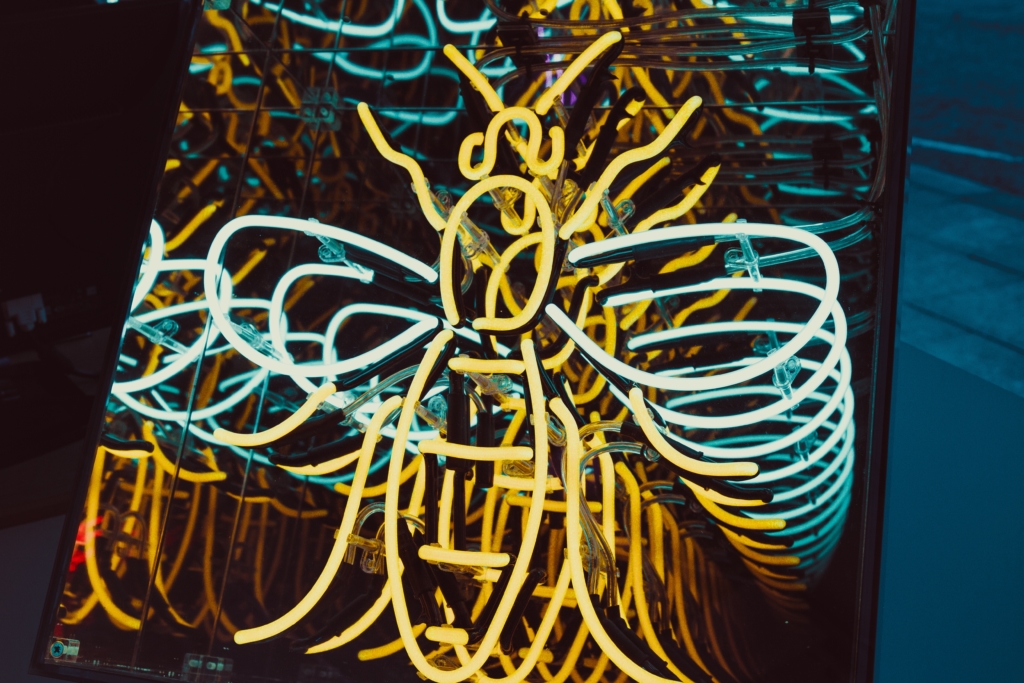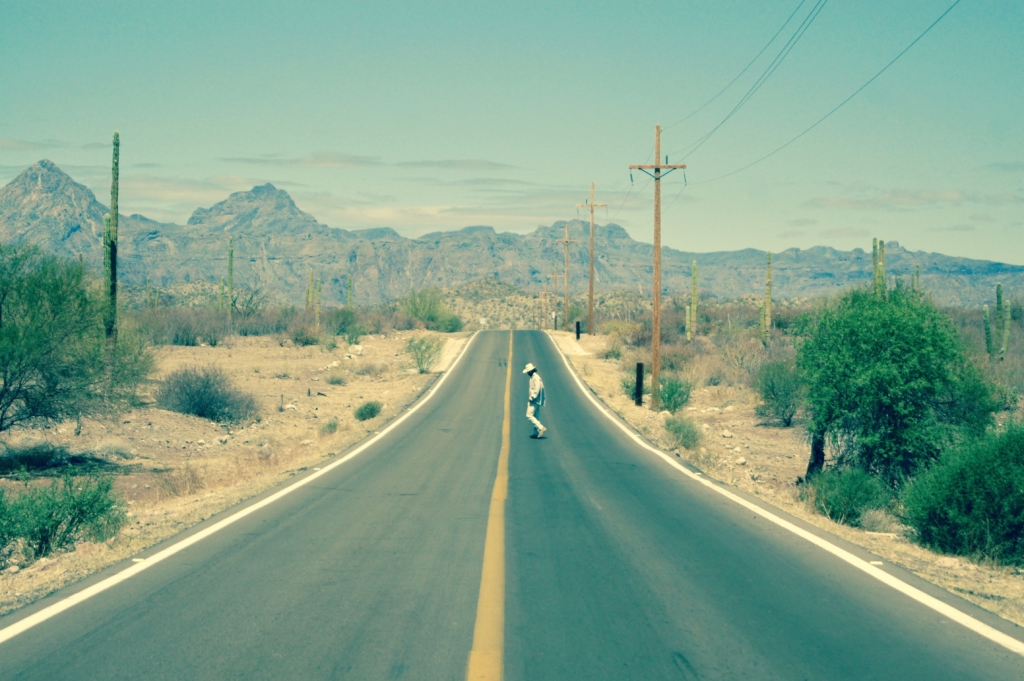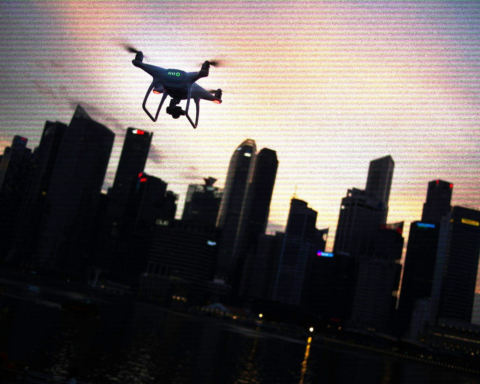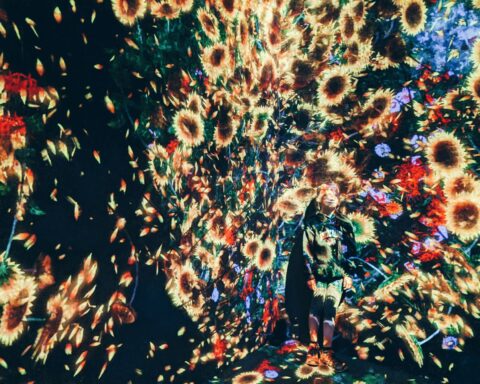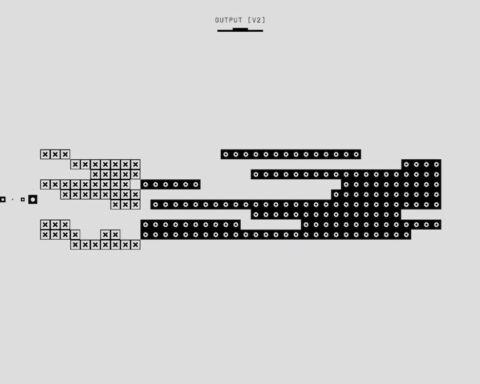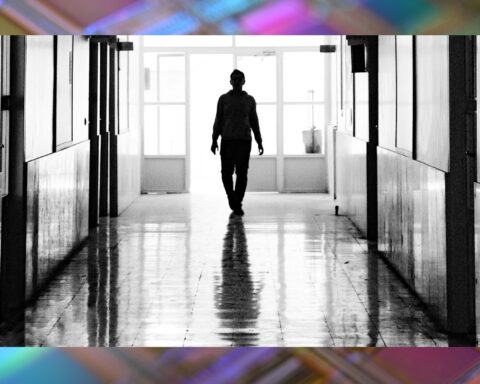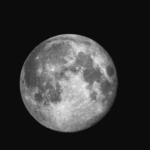Poets look for tragedy in everyday places
and exploit it. This could be considered
psychosis or a personality malfunction—
not taking things seriously—several Axis
II possibilities.
This search for horror, however, obviously
serves a greater purpose we must never
question.
So, for instance, I would tell you about
the stranger who confided in me in Tim
Hortons—her toddler od’d and it was both
her fault and not her fault. She cried and
I drank coffee.
Similarly, there’s the kid who was run over
by a cement truck whilst playing hide and
seek.
Or there’s the one about the racist tarantula.
I may have got that wrong.
Or there’s the one about the self-driving
Uber that drove over a pedestrian.
Greater significance not yet known.
The poet would add in some clever details
and puns, of course. A really brilliant one
would make it a philosophical question.
Maybe the car has consciousness and feels
guilt. Maybe from its point of view, it was
saving the world from sin.
If you ask Siri to talk dirty, she will. Self-
driving requires a self. Solipsism is the
new black. Promiscuous is the new super
glue. Brave New World—
The poet will exploit it and you’ll love it
so much it’ll be like nobody really died.
Nobody really had a self to lose.
That’s what a poet would do. Bots may
not yet be able to. They don’t get that
you have to have the fear of death. They
don’t get that things are supposed to feel.
A self-writing pen told this to me. And
the birds sang at the funeral.
READ MORE
Humans wanted for self-driving cars as hazards rise [Financial Times]
Jill Talbot‘s writing has appeared in Geist, Rattle, Poetry Is Dead, The Puritan, Matrix, subTerrain, The Tishman Review, The Cardiff Review, PRISM, Southword, and others. Jill won the PRISM Grouse Grind Lit Prize. She was shortlisted for the Matrix Lit POP Award for fiction and the Malahat Far Horizons Award for poetry. Jill lives on Gabriola Island, BC.


